Should You Take Protein Powder Every Day?
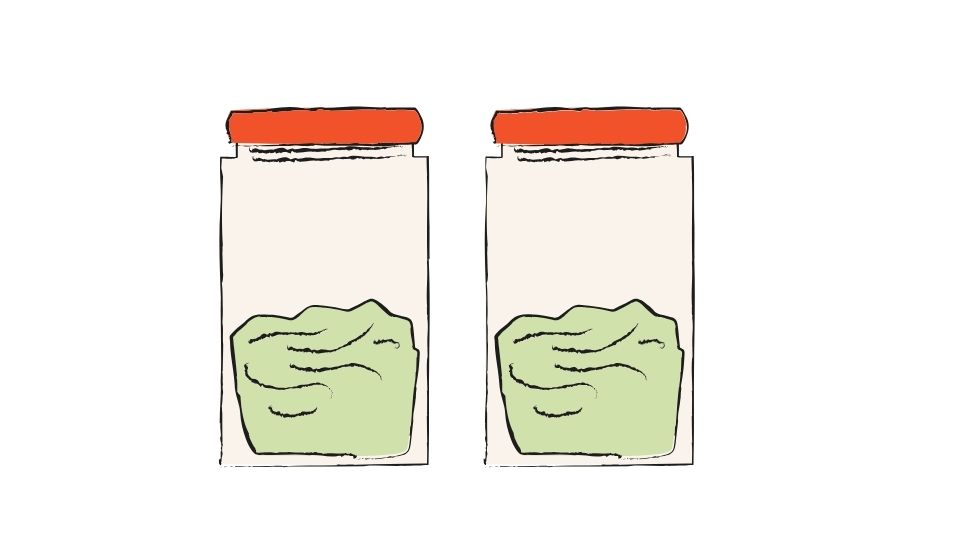
Can you really have your protein shake and drink it too?
Let’s be real – protein powder has become the magic pixie dust of the fitness world. Everyone from your gym bros to your 65-year-old neighbor seems to be scooping this stuff into their morning smoothies.
But is drinking protein powder every day actually safe? Or are we all just guinea pigs in a massive supplement experiment?
I’ve dug through the research, separated fact from fiction, and I’m ready to give you the scoop (pun absolutely intended) on daily protein powder consumption – with a healthy dose of my opinion sprinkled on top.
Is Protein Powder Safe to Take Every Day?
Let me start by saying this isn’t a simple yes or no question.
It’s like asking “Is driving safe?” Well, it depends if you’re a responsible driver who follows traffic laws or if you’re texting while doing 90 in a school zone.
For most healthy adults, protein powder can be perfectly safe as a daily supplement when used appropriately. But there are some important caveats that might make you think twice about how you’re using it.
The Benefits of Daily Protein Powder
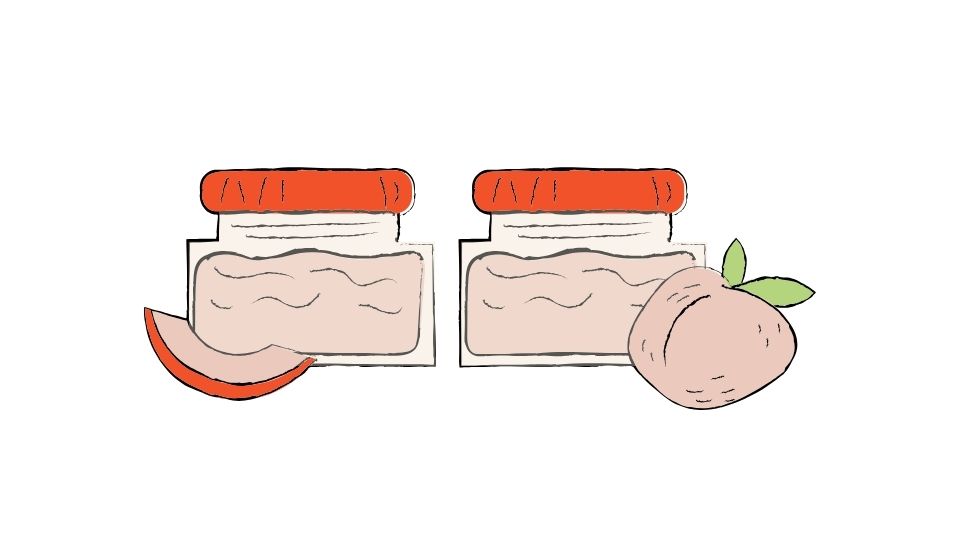
Gains, bro. Actual, science-backed gains.
When combined with resistance training, consuming 20-40 grams of protein around your workout can significantly enhance muscle growth and recovery. Research shows this is especially true for whey protein, which is quickly absorbed and packed with all the essential amino acids.
Don’t do dairy? No problem. Plant-based proteins like pea and rice can work nearly as well.
Helping older adults maintain muscle and bone health
As we age, our bodies become less efficient at using protein, and studies suggest older adults might need more protein (1.2-1.5g per kg of body weight) to fight off sarcopenia (age-related muscle loss) and maintain bone strength.
A convenient way to hit your protein targets
Let’s be honest – some days you’re just not feeling that chicken breast for the fourth time. Protein powder offers a quick, convenient alternative when you’re:
- Short on time
- Have dietary restrictions
- Dealing with reduced appetite
- Trying to meet higher protein needs for athletic performance
The Potential Risks (Yes, There Are Some)
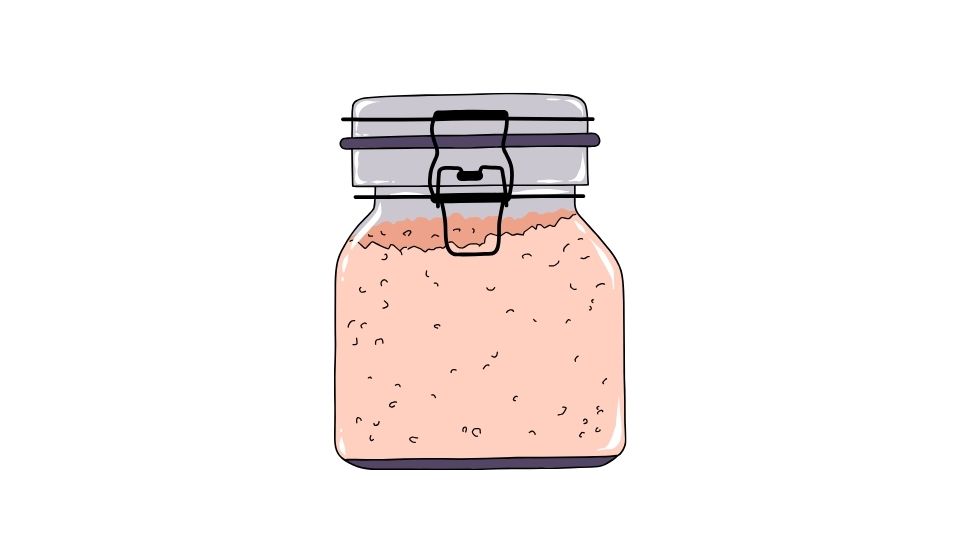
That “supplement” label means exactly what you think
Protein powders aren’t regulated like food or drugs. The FDA basically gives supplement companies a huge amount of freedom compared to other products.
This means what’s on the label might not match what’s in the tub. A 2018 study by Clean Label Project found many popular protein powders contained heavy metals, BPA, and other contaminants not listed on labels.
Your gut might protest
If you’ve ever experienced the dreaded “protein farts,” you know what I’m talking about. Dairy-based powders like whey and casein can cause serious digestive distress, especially if you’re lactose intolerant.
Even plant proteins aren’t innocent here. Some can trigger digestive symptoms in people sensitive to FODMAPs or allergens.
Calories still count, even in powder form
Some protein powders are basically milkshakes in disguise, containing up to 23 grams of added sugar per serving. That’s about the same as a Snickers bar!
If you’re drinking these daily without adjusting your total calorie intake, don’t be surprised when the scale starts moving in the wrong direction.
The kidney and liver question
This is where things get a bit murky. For healthy people, moderate higher protein intake is generally safe. But there’s some evidence suggesting that excessive long-term protein supplementation might stress the kidneys through hyperfiltration.
If you already have kidney or liver issues, medical professionals recommend proceeding with caution and talking to your doctor before adding daily protein supplements.
How to Use Protein Powder Safely Every Day
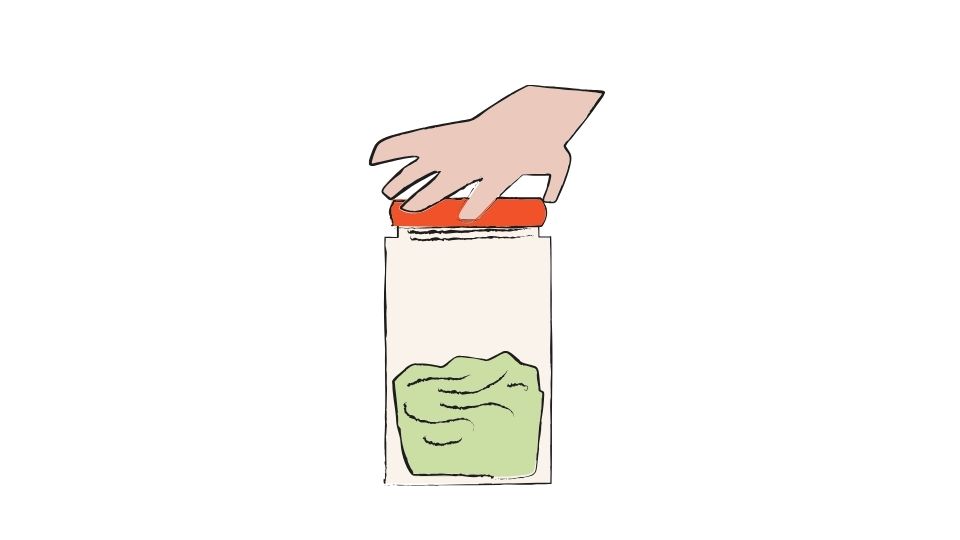
If you’re going to use protein powder daily, here’s how to do it right:
Choose quality over fancy marketing. Look for third-party tested products with minimal ingredients and avoid those with a laundry list of additives.
Stick to 1-2 servings daily alongside a diet rich in whole-food protein sources.
The dose makes the poison. Most research shows that 20-40g of protein per meal is the sweet spot for muscle protein synthesis. More isn’t better!
Watch those added sugars and calories. They can add up fast.
Consider your individual situation. If you have existing health conditions, especially related to kidney or liver function, talk to a healthcare provider.
The Bottom Line: My Take
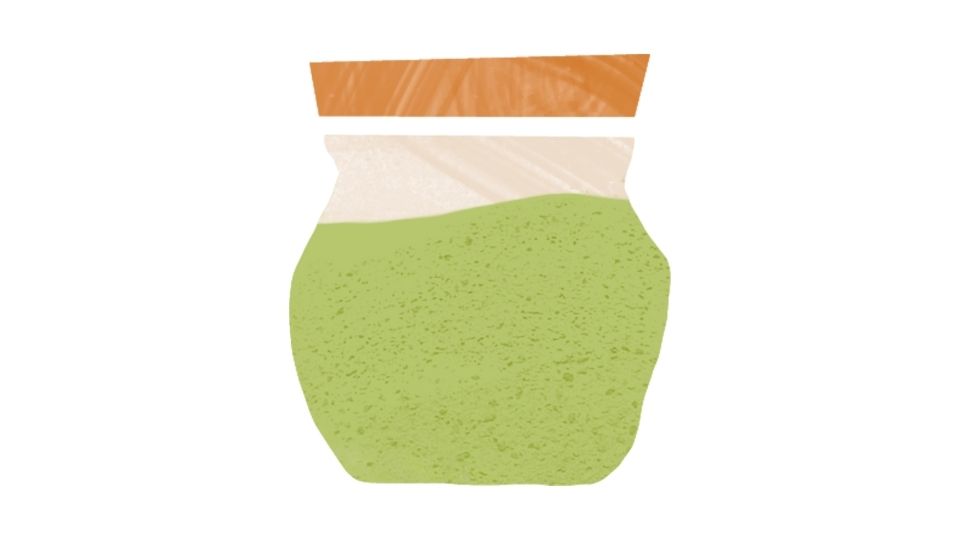
After digging through the research, I’m not losing sleep over my daily protein shake. But I’m also not chugging three a day or using it to replace real food.
Protein powder is a supplement – meaning it should supplement an already solid diet, not make up for a crappy one.
If you’re a healthy adult using a quality product in reasonable amounts, daily protein powder use is likely safe and can be beneficial for muscle building, recovery, or meeting protein needs when whole food intake is insufficient.
But like most things in life, moderation and context matter. Your protein powder should be like the side character in the movie of your diet – supporting the star (whole foods), not trying to steal the show.
And if you’re still concerned? Just eat real food. There’s no law that says you have to drink protein shakes, even if you lift weights. Crazy, I know.
